Over the past couple of years, Lincoln has ranked below the premium automotive segment average in J.D. Power’s U.S. Tech Experience Index (TXI) Study, which aims to rank automotive brands by measuring how effectively each brings new technologies to market. In the 2023 version of that study, Lincoln earned a score of 488 out of a possible 1,000 points, ranking eighth and well below the average score of 588, and last year, it scored a 482, ranking ninth and finishing below the mean of 494. However, things changed in a big way this year.
In this 2025 J.D. Power TXI Study, Lincoln managed to score 523 points this time around, which rocketed the premium brand up the charts into third place – behind only Genesis (538) and Cadillac (526). It’s a strong rebound for Ford’s luxury arm after some disappointing results in previous years, underscoring its commitment to improving the overall tech experience in its vehicles as of late.
The 2025 J.D. Power U.S. Tech Experience Index (TXI) Study is based on the responses of 76,230 owners of new 2025 model-year vehicles who were surveyed after 90 days of ownership, and was conducted between June 2024 and May 2025, based on vehicles registered from March 2024 through February 2025. The study analyzes 40 automotive technologies, which are divided into five categories – comfort and convenience; connected vehicle; driver assist; electric vehicle; and smart vehicle. This time around, it found that smart technologies such as climate control, driver preferences, and smart ignition ranked well in terms of reliability and customer satisfaction, specifically.
“Smart technologies appear to not only anticipate the driver’s needs but also reduce the cognitive workload and some of the difficulties that drivers face with digital systems,” said Kathleen Rizk, senior director of user experience benchmarking and technology at J.D. Power. “Ultimately, what matters most to vehicle owners – and therefore to automakers and suppliers – is how useful the technology is and whether it enhances their driving experience. While smart technologies are not without issues, they represent a meaningful step forward. Continued development will be essential to address current challenges and maximize their effectiveness.”

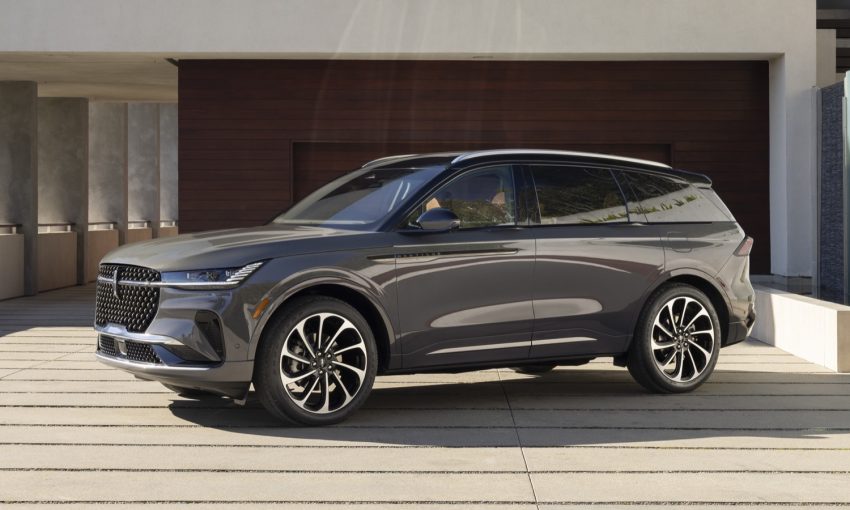
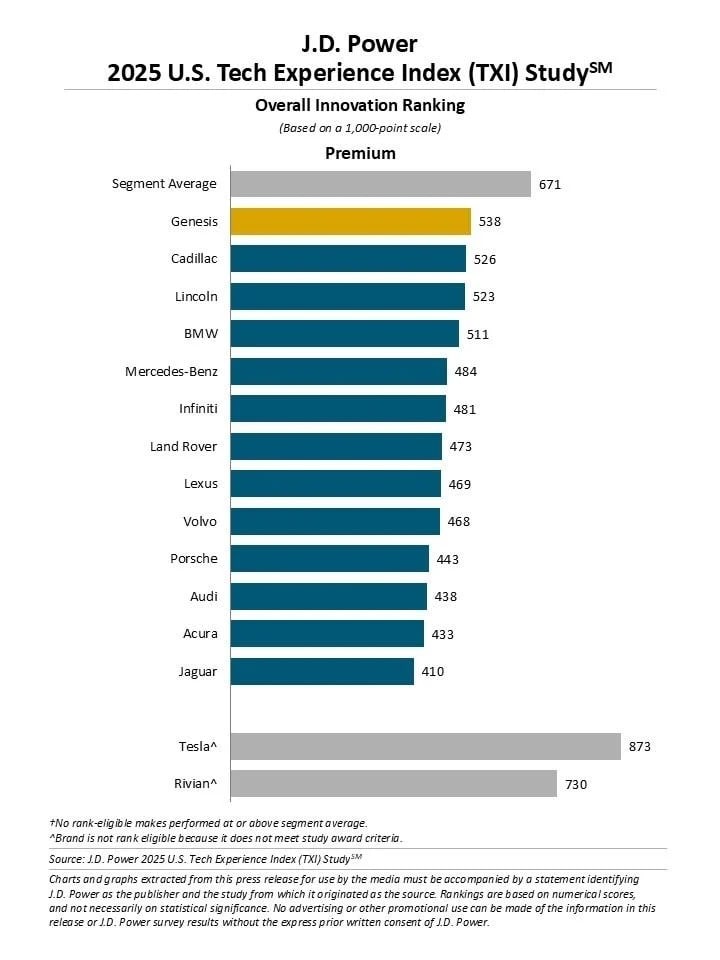
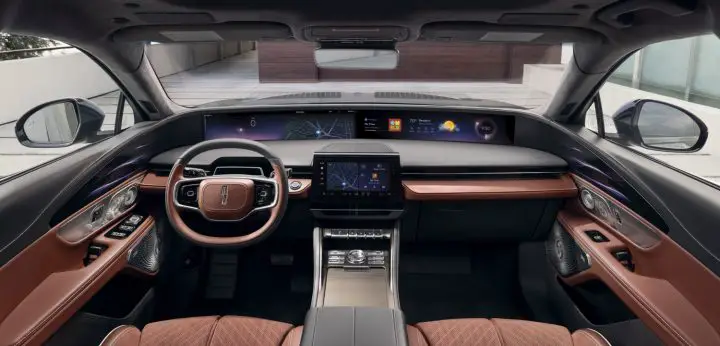





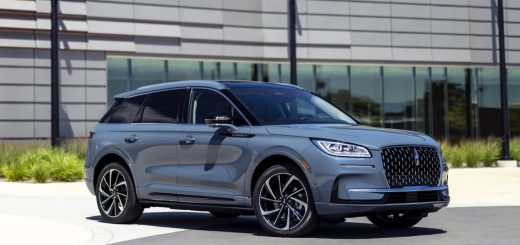
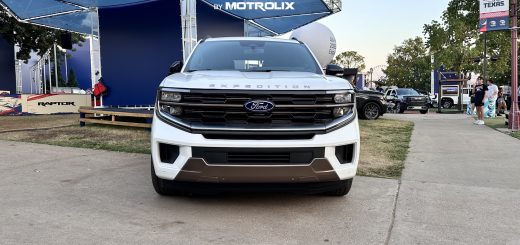






No Comments yet